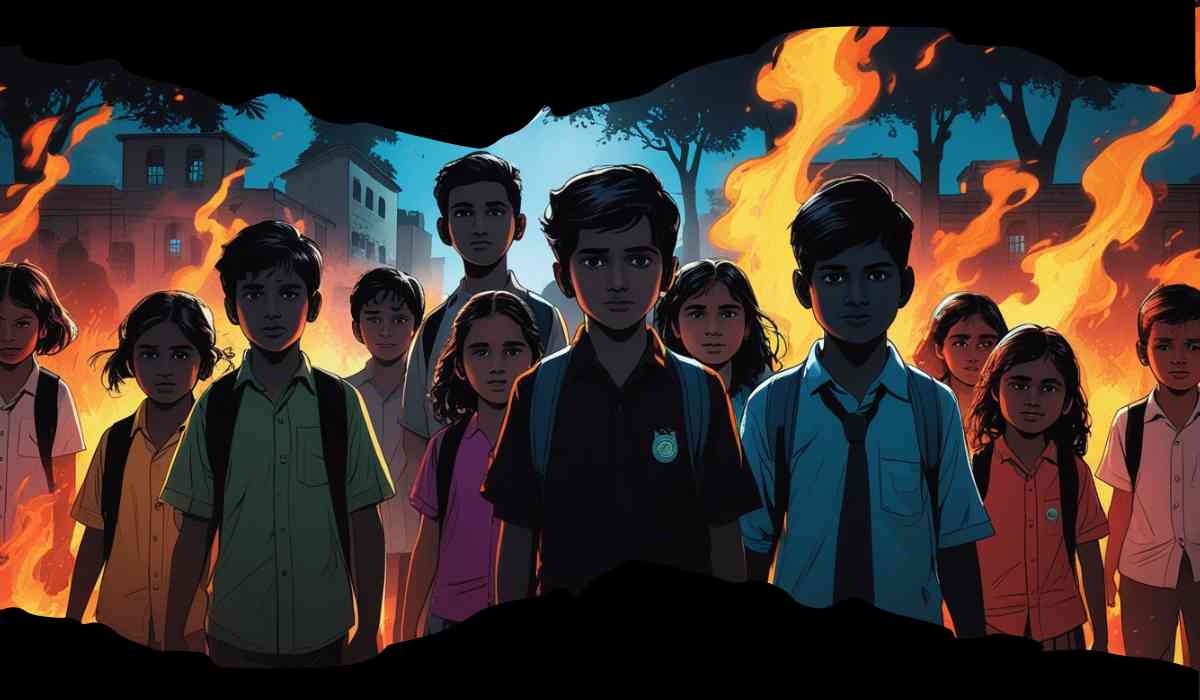In a disturbing trend, Indian schools have been accused of fostering racism through activities that promote colorism and racial stereotypes. A recent video on Reddit highlighted a concerning event where students were made to participate in a skit using "washing powder Nirma," with a narrative that openly glorified fair skin as attractive and demeaned darker skin tones. This incident raises serious questions about the roots of education in India and how it perpetuates racism.
Indian Schools openly promoting racism!
by u/Abdul9-11 in TeenIndia
Key Points:
-
Promotion of Colorism: The skit involved two children, one with fair skin and the other with brown skin, reinforcing the harmful notion that fair skin is superior. This kind of activity not only affects the self-esteem of children with darker skin tones but also perpetuates societal biases.
-
Lack of Sensitivity and Awareness: Schools, which are supposed to be safe and inclusive environments, are instead reinforcing harmful stereotypes. This lack of sensitivity and awareness among educators is alarming and highlights a deeper issue within the education system.
-
Impact on Children: Such activities can have long-lasting effects on children's mental health and self-perception. It is crucial for schools to recognize the harm caused by these actions and take steps to create inclusive environments.
-
Broader Societal Implications: The prevalence of such incidents suggests that racism and colorism are deeply ingrained in Indian society. It underscores the need for a broader conversation about these issues and the role of education in combating them.

Call to Action:
-
Educational Reform: There is a pressing need for educational reforms that include comprehensive anti-racism and anti-colorism curricula. Schools should focus on promoting diversity, inclusivity, and respect for all skin tones.
-
Teacher Training: Educators must be trained to recognize and combat biases. They should be equipped with the tools to create inclusive classrooms where all students feel valued and respected.
-
Parental Involvement: Parents and guardians should be involved in monitoring school activities and ensuring that they align with values of equality and respect.
-
Community Engagement: Communities must come together to address these issues. Public awareness campaigns can help shift societal attitudes towards greater acceptance and inclusivity.
-
Legal and Policy Changes: Governments should enact and enforce stricter laws against discrimination in educational settings. Policies should be put in place to hold schools accountable for promoting inclusivity.
In conclusion, the incident highlights a critical need for change in how Indian schools approach issues of race and colorism. By working together, we can create a more inclusive and equitable education system that values diversity and promotes respect for all.

While the specific incident mentioned involves Indian schools, similar issues of racial bias and discrimination are also reported in international educational settings. For instance, Indian students abroad, such as at Oxford University, have faced allegations of racial bias and harassment, further emphasizing the need for global awareness and action against such practices.
Moreover, the broader societal implications of such incidents underscore the importance of addressing these issues not just within schools but also in the community at large. By fostering a culture of inclusivity and respect, we can work towards creating a more equitable society for all.
With inputs from agencies
Image Source: Multiple agencies
© Copyright 2024. All Rights Reserved Powered by Vygr Media.
























